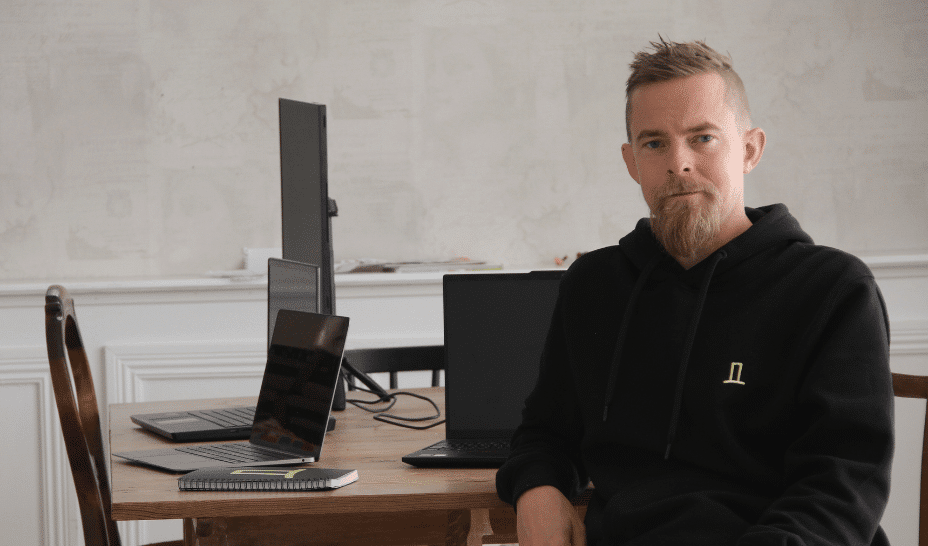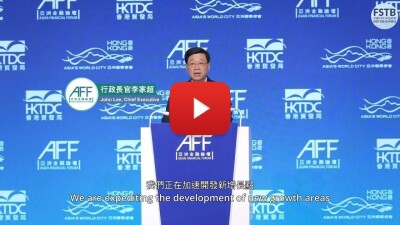Stockholm’s Farang raises €1.5 million to launch outperforming AI models

Farang, a Swedish AI research lab developing next-generation foundational LLMs, today announced it has raised €1.5 million in Seed funding to scale its proof-of-concept models and invest in the compute power needed for training and fine-tuning models toward select specialisations.
The round was led by Voima Ventures and the Amadeus APEX Technology Fund, with notable entrepreneur angel investors including Tero Ojanpera (Co-founder, Silo AI), Nilay Oza, and Niraj Aswani (Former Founders, Klevu).
Emil Romanus, Farang’s Founder, comments: “We’re not building another application layer on top of existing models. We’ve developed a completely new foundational architecture that enables us to create specialised AI assistants that outperform current solutions in specific domains like programming and medicine, while using twenty-five times less computational resources. Based on current testing, we believe the percentage of resources used will decrease even further in the future.”
Founded in 2025, Farang has created a novel architecture for Large Language Models, that allegedly competes with the existing Transformer architecture used by current market leaders ChatGPT, Claude, and Gemini.
Farang consists of a team of five researchers, developers, and business professionals. The company is led by Emil Romanus, an engineer with over 20 years of experience in search, AI, and previous startup ventures.
Instead of predicting text word-by-word, Farang’s architecture reportedly comprehends the complete response first – like imagining a picture before painting it – and then translates that concept into words. While recent AI models have added reasoning steps that provide ‘thinking time,’ they still rely on word-prediction.
In Farang’s approach, this thinking process is conducted internally through non-textual mechanisms, resulting in more coherent responses while reducing computational requirements.
“The beauty of our architecture is that it enables us to create highly specialised models for niche use cases like untapped medical domain models that would be prohibitively expensive with traditional approaches,” Romanus explains. “We can analyse unstructured medical data or create programming assistants that truly understand specific frameworks, not just general coding patterns.”
The funding will primarily be used to scale up its proof-of-concept models and invest in the compute power needed for training and fine-tuning models toward select specializations such as programming or the medical field.
“Our vision is that companies will have these specialised assistants running on their own infrastructure, integrated with their existing systems,” Romanus added. “A law firm could have an AI that understands its specific practice areas and case history, or a research hospital could have an assistant trained on their unique patient data – all while keeping that sensitive information completely private.”
Farang plans to initially focus on specialised applications where current AI assistants struggle or underperform, including AI assistants for specific programming languages and frameworks, specialised medical fields, and internal company AI tools. The company’s first target is React programming, where it aims to produce more optimised and iterable code than existing LLMs.
Farang’s technology also enables organisations to deploy specialised AI models on their own premises with full privacy controls – an advantage for healthcare, legal, and financial services companies handling sensitive data. Rather than sending proprietary information to external AI services, companies can train and run Farang’s models entirely in-house while maintaining complete data sovereignty.
“We’re taking a different path than the big tech companies,” said Romanus. “By proving our architecture works in specialised domains first, we’re building the foundation to eventually challenge the current leaders across all AI applications.”
While starting with niche applications to prove the technology, Farang has set its sights on becoming a market leader in artificial intelligence, ultimately aiming to compete with and surpass OpenAI in the general AI space.
Inka Mero, Managing Partner & Founder of Voima Ventures added: “We look for exceptional Founders and technologies that reset the curve – not just optimise around the edges. Farang showcases how Europe can step up in the global AI race, as its foundational architecture provides a true paradigm shift – specialised, efficient, and enterprise-grade from day one.”
The company is targeting individual developers and AI enthusiasts as early users, and has launched a waitlist for initial access to its technology.
Ion Hauer, Principal at APEX Ventures, said: “We’re constantly evaluating breakthrough technologies that could redefine entire sectors, and Farang caught our attention immediately. For years, the industry has been making incremental improvements to the same Transformer foundation. What Emil and his team have developed represents a fundamental architectural leap – the kind of foundational change we believe will separate the next generation of AI leaders from today’s incumbents.”
The post Stockholm’s Farang raises €1.5 million to launch outperforming AI models appeared first on EU-Startups.















































